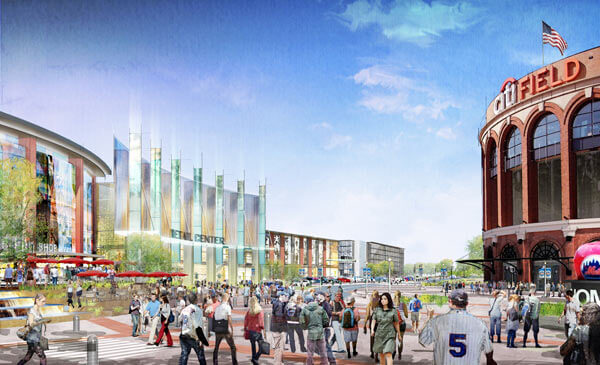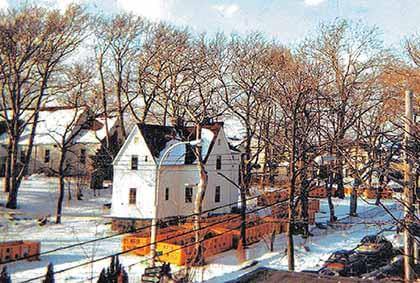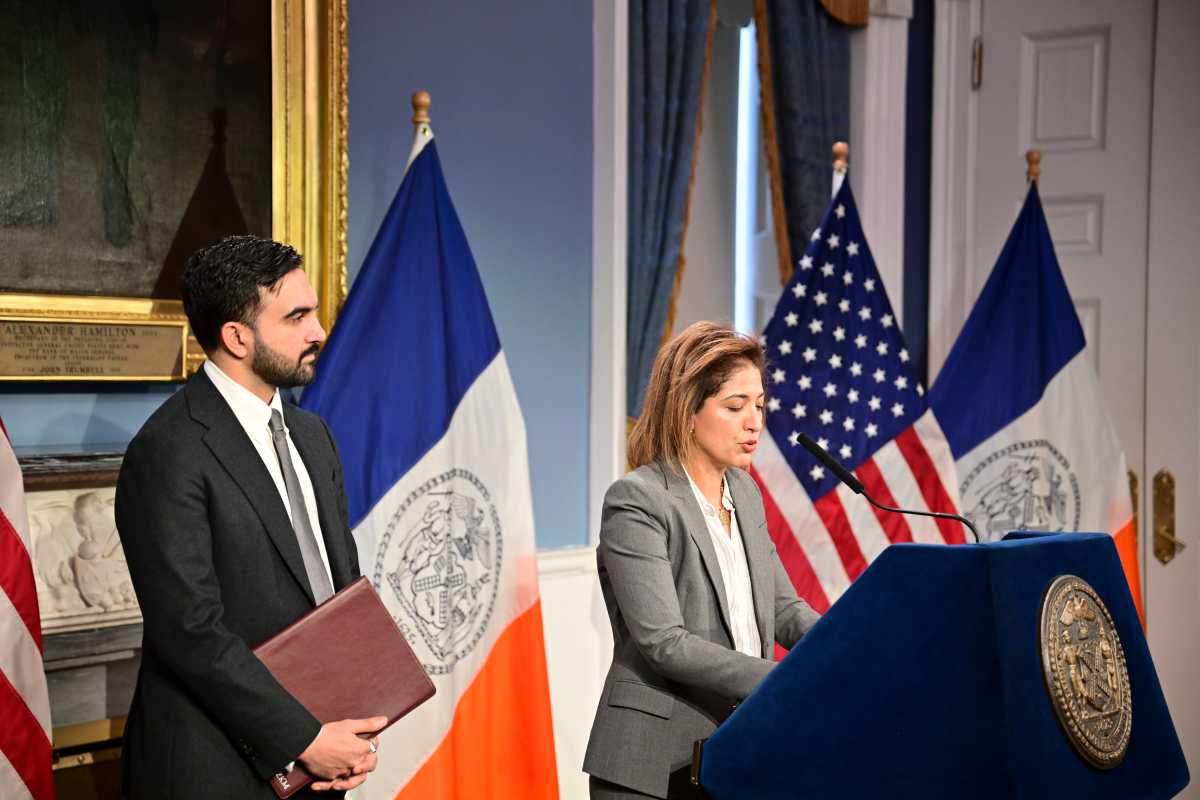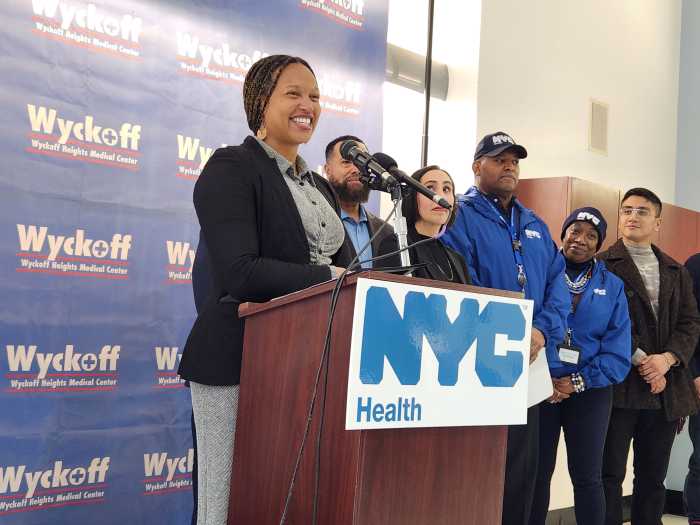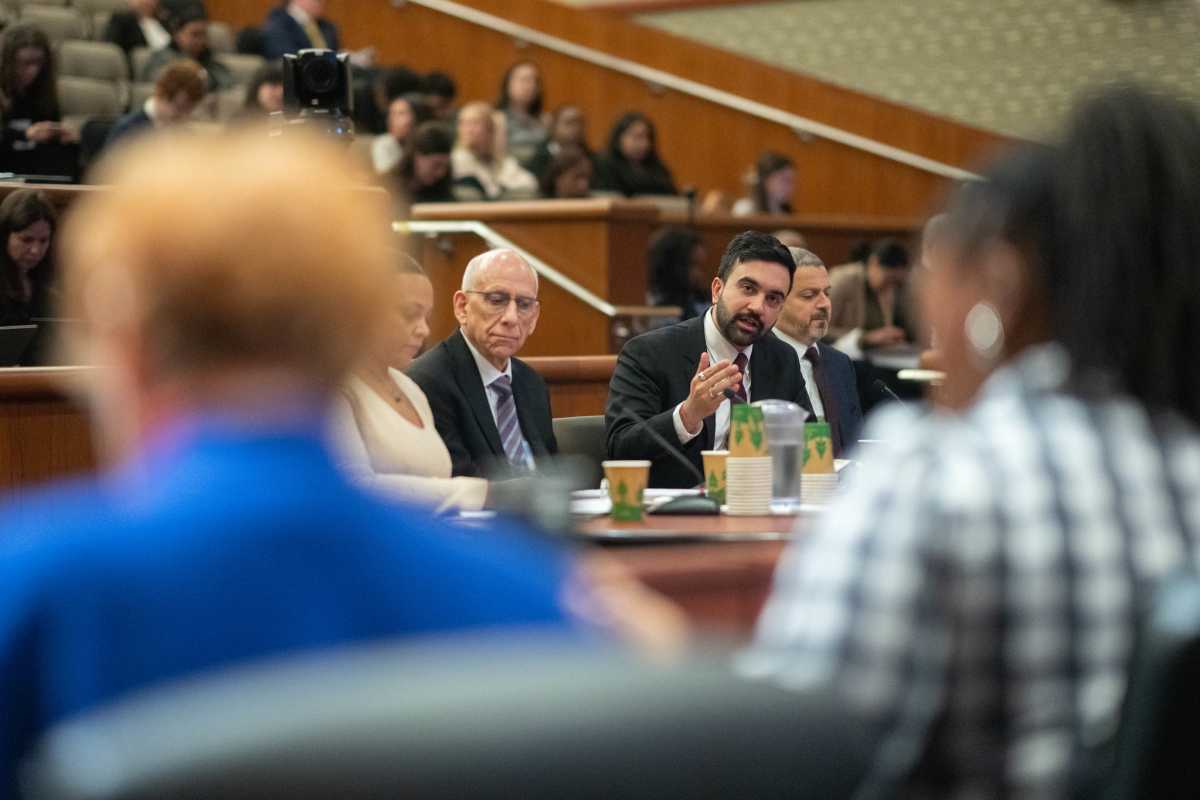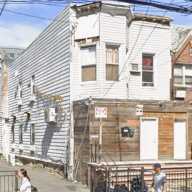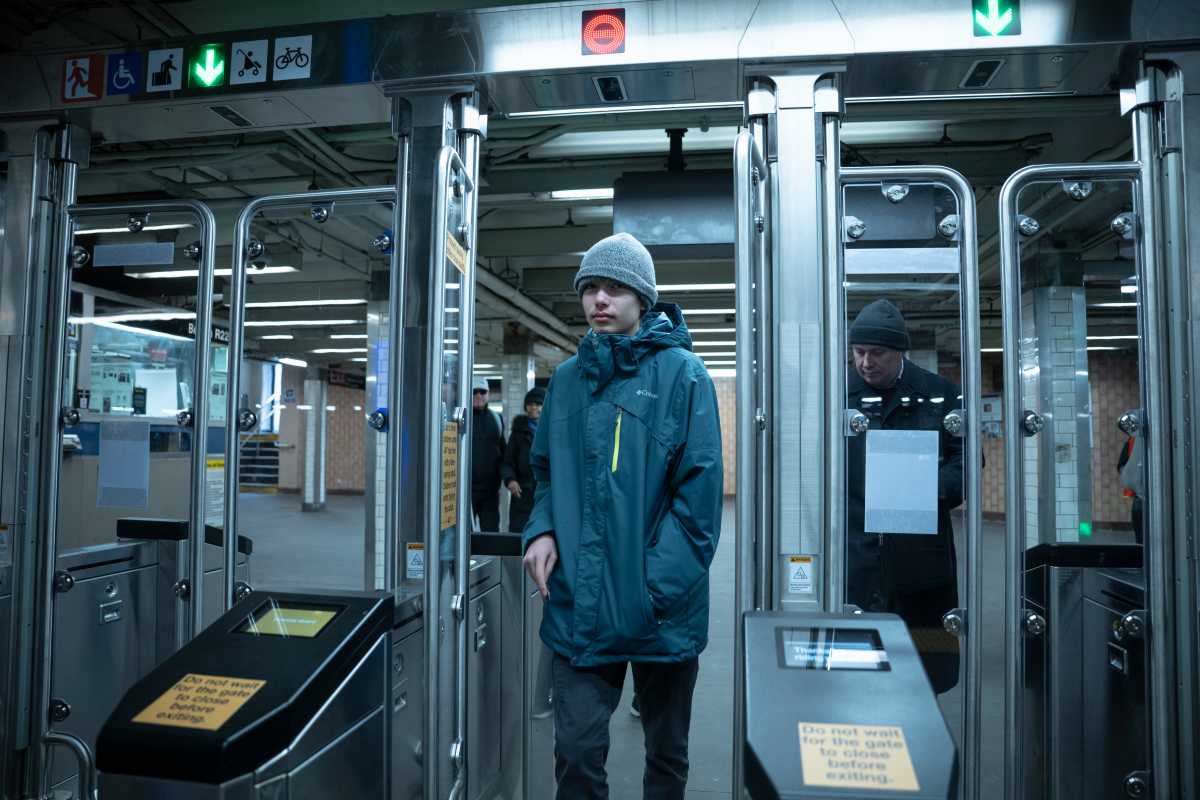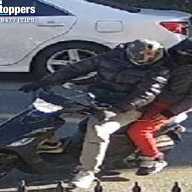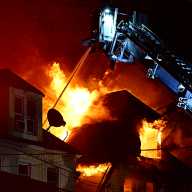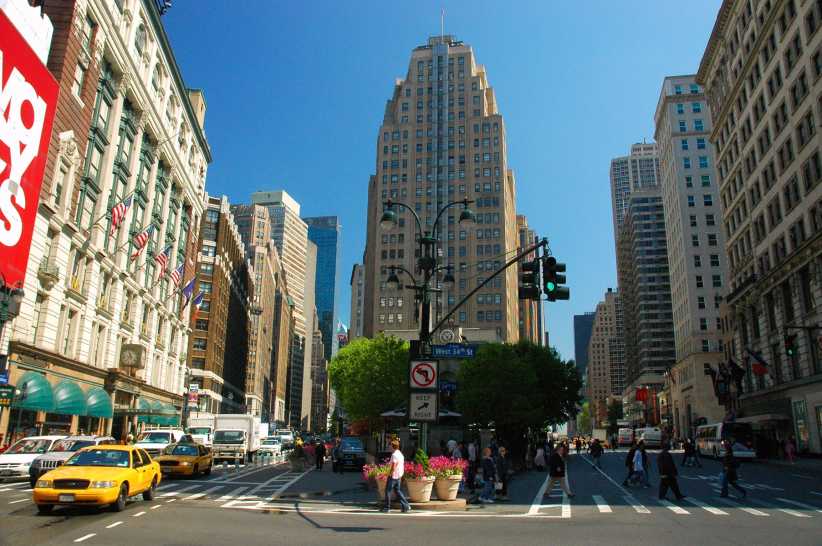By Alex Robinson
State Sen. Tony Avella (D-Bayside) and a number of park advocacy groups and Queens businesses slapped the city and Willets Point developers with a lawsuit Monday challenging the legality of their plan to build a megamall on parkland.
The lawsuit claims the Willets West project cannot go ahead without the approval of the state Legislature because the site of the proposed shopping mall sits on a northern section of Flushing Meadows Corona Park.
“Anytime a park is used for non-recreational uses, municipalities have to seek permission from the state Legislature and they haven’t done that,” Avella said. “I think it slaps the city on the wrist for being a very bad boy in this situation.”
A spokesman for the city Law Department acknowledged the lawsuit had been filed, but said he could not comment on it until the city has been served.
The Willets West mall project is part of the Queens Development Group’s $3 billion redevelopment of Willets Point into a new neighborhood with commercial, retail and residential space.
The site of the proposed mall was previously the site of the New York Mets’ Shea Stadium from 1964-2009, when it was demolished and became a parking lot for Citi Field. The lawsuit’s plaintiffs, however, contend the area is still mapped as parkland, according to city maps.
“Even though it’s a parking lot, it’s still used for park purposes,” said Paul Graziano, an urban planner and head of Save Flushing Meadows Corona Park, who is a plaintiff on the lawsuit.
Citi Field rents out the space for special recreation activities, including an annual carnival, Graziano said.
The state Legislature approved the building of Shea Stadium in 1961 with a provision for parking. Graziano said the developers and city have tried to use this same exception to build the new shopping center on the site.
“There’s no way this thing is legal because what they’re basing their whole argument on is a document that applied to Shea Stadium. It cannot be applied to a building that isn’t connected to the building of the stadium,” Graziano said.
The project’s developers, Queens Development Group, however, contended the use of this exception is legal.
“In 1961, the state Legislature acted to allow for commerce on this particular parcel, which is why this litigation is a baseless and sad attempt to keep a transformative neighborhood redevelopment from moving forward,” said a spokesman for the group. “This project will not only clean up toxic land, it will also create tens of thousands of jobs, and provide the surrounding communities with much needed amenities that will lead to the area’s bright future.”
A Manhattan Supreme Court judge recently ruled in favor of a similar lawsuit concerning New York University’s expansion in Greenwich Village. Justice Donna Mills said the bulk of the construction of NYU’s expansion could not go ahead until it received permission from the Legislature to build on three small pieces of land, which had been used as parkland.
They were not mapped as parkland on city maps, but plaintiffs successfully argued that the pieces had been used and treated as parks by the city and residents for decades.
Graziano said the lawsuit filed Monday is even stronger as the parkland at the Willets West development is designated as such on city maps.
“We feel like we’ve got a pretty good shot at this,” Graziano said.
The group of plaintiffs also included the City Club and New York City Park Advocates.
Reach reporter Alex Robinson by e-mail at arobinson@cnglocal.com or by phone at 718-260-4566.

